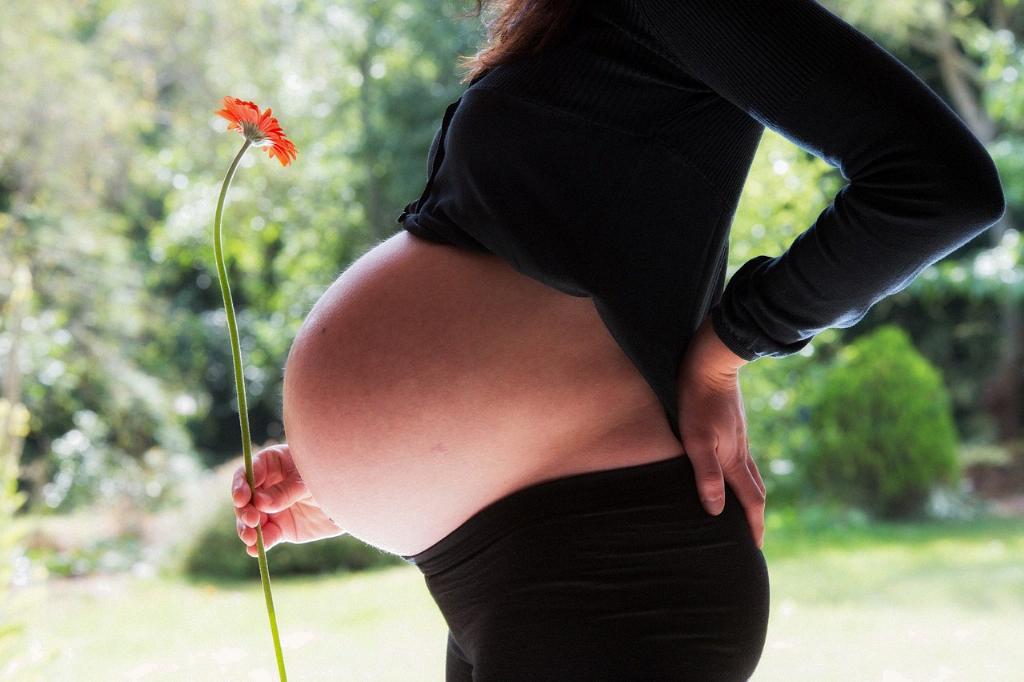Advanced Maternal Age (AMA) is a term used to describe pregnancies in women aged 35 years and older. Many women in this age group are choosing to delay pregnancy for various reasons, such as career advancement, financial stability, or personal choices.
The Risks Associated with AMA
Research indicates that pregnancies in women of advanced maternal age are generally considered higher risk compared to younger women. AMA increases the chances of various complications throughout the pregnancy and delivery process.
Pregnancy Complications Linked to AMA
Women of advanced maternal age are at an increased risk of experiencing complications such as ectopic pregnancy, spontaneous abortion, fetal chromosomal abnormalities, congenital anomalies, placenta previa and abruption, gestational diabetes, preeclampsia, and cesarean delivery.
Ectopic Pregnancy and Spontaneous Abortion
Ectopic pregnancy, where the fertilized egg implants outside the uterus, and spontaneous abortion, also known as miscarriage, are more common in women of advanced maternal age. These complications can pose significant risks to both the mother and the developing fetus.
Chromosomal Abnormalities and Congenital Anomalies
As women age, the likelihood of chromosomal abnormalities in the fetus increases. Conditions such as Down syndrome are more prevalent in pregnancies of women over 35. Additionally, congenital anomalies in the baby may also be more common.
Placental Issues and Gestational Diabetes
Advanced maternal age is associated with a higher incidence of placenta previa and placental abruption, which can lead to complications during delivery. Furthermore, the risk of developing gestational diabetes, a condition that affects blood sugar levels during pregnancy, is heightened in older mothers.
Preeclampsia and Cesarean Delivery
Preeclampsia, a serious condition characterized by high blood pressure and organ damage, is more prevalent in pregnancies among women of advanced maternal age. Additionally, the likelihood of undergoing a cesarean delivery is increased in these pregnancies.
Conclusion: AMA and High-Risk Pregnancy
While AMA does not guarantee a high-risk pregnancy, it does elevate the chances of experiencing various complications that can impact both the mother and the baby. It is essential for women of advanced maternal age to work closely with their healthcare providers to monitor and manage any potential risks throughout their pregnancy.

